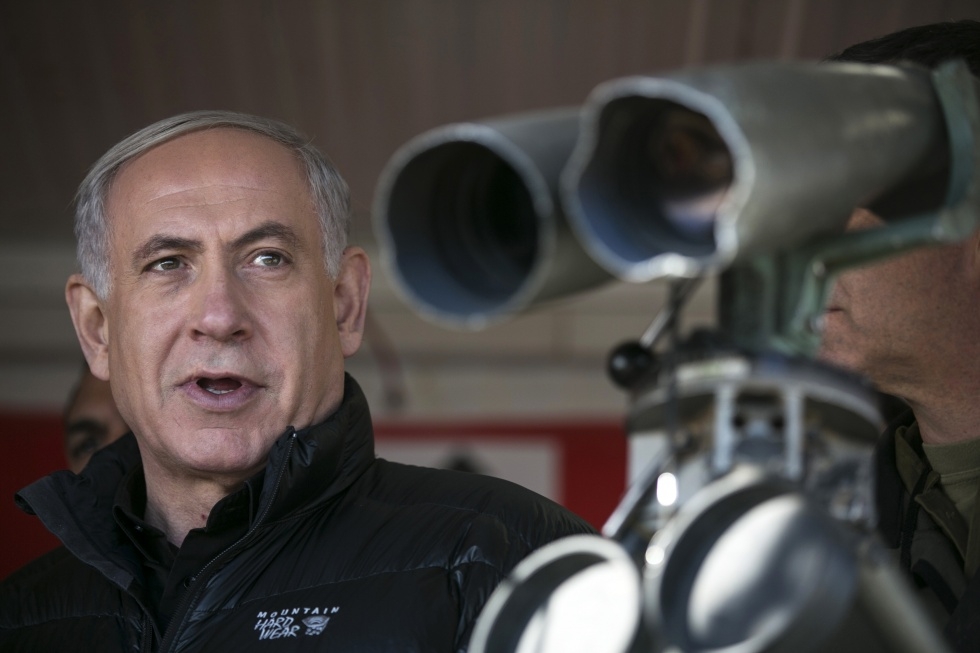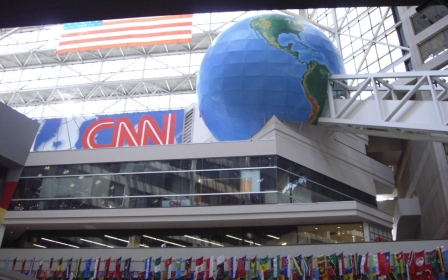Monitoring media reports on the Netanyahu family were given top priority

In the run-up to the Israeli elections, Haaretz has revealed that Prime Minister Benjamin Netanyahu’s office had ordered employees from the information and communications technology department to monitor the Israeli media for any stories on Netanyahu and his family.
The ICT, which is part of the National Public Diplomacy Division, has also been used by Netanyahu’s office to track media reports on the prime minister’s political rivals such as the Minister of Justice Tzipi Livni and Naftali Bennett, the Minister of Economy.
The head of the ICT, Avraham Finkelstein, readily complied with the prime minister’s office (PMO) and even berated his employees for not being on top of their game in terms of jumping on reports almost immediately.
According to Haaretz, which managed to obtain emails between the ICT and the PMO, Finkelstein was worried about repercussions from Netanyahu if media stories about the prime minister’s personal and family life were reported. In one of the emails, he was quoted as saying: “In the end they will take off our heads if the failures [to report such items] don’t stop.”
One department document from 2011, also obtained by Haaretz, specified that any reports on Netanyahu, his wife Sara, and their two sons Yair and Avner were deemed to be top priority.
“Often there are personal items about the prime minister’s family that are more important than any informative report that appears in the news reports or any other current affairs program!” the document said.
The ICT is responsible for monitoring Israeli media in order to give the prime minister and his advisers a reflection of the country’s agenda in general. Employees are also required to alert the PMO as soon as they catch anything related to the government or relevant events that crop up during the day.
Employees are responsible for monitoring a number of main television channels, radio stations as well as social networks and news websites.
Haaretz interviewed a number of employees within the ICT - they all declined to be named but asserted that picking out reports on the Netanyahu family, whether they appeared in headlines, tabloids, or advertisements, were judged to occupy a higher priority than news relating to security or diplomatic matters.
Dimi Reider, an Israeli journalist and co-founder of the +972 Magazine, regards the conduct of Netanyahu in this sense as “indicative of a person who has always taken politics quite personally, and who has been in power long enough to begin identifying himself with the office.”
The reports won’t have too much of an effect on Netanyahu’s re-election campaign, as he is still the favourite to win. The focus is more on which political bloc is likely to get more votes. Livni and head of the Labour party Isaac Herzog have merged to form a centrist bloc against the right, while for the first time in the history of the Israeli elections, the four Arab parties have united to form a single bloc.
Netanyahu’s wife Sara has also featured in the headlines, regarding an old story related to pocketing money owed to the state from bottle deposits. Yet the Israeli public are tired of the story, which stemmed from statements by the Netanyahu’s former housekeeper Meni Naftali, especially on supposedly damaging disputes concerning Sara.
“There is a general fatigue with Netanyahu,” Reider said. “I don’t think this will damage him too much. It adds to the general image of the Netanyahu couple who are very competitive but it won’t send a revolution throughout the electorate and get the people to vote for somebody else.
“It’s the kind of thing that could bring down a prime minister in a country where there are high expectations of public conduct like somewhere in Europe or maybe Japan or South Korea.”
New MEE newsletter: Jerusalem Dispatch
Sign up to get the latest insights and analysis on Israel-Palestine, alongside Turkey Unpacked and other MEE newsletters
Middle East Eye delivers independent and unrivalled coverage and analysis of the Middle East, North Africa and beyond. To learn more about republishing this content and the associated fees, please fill out this form. More about MEE can be found here.




